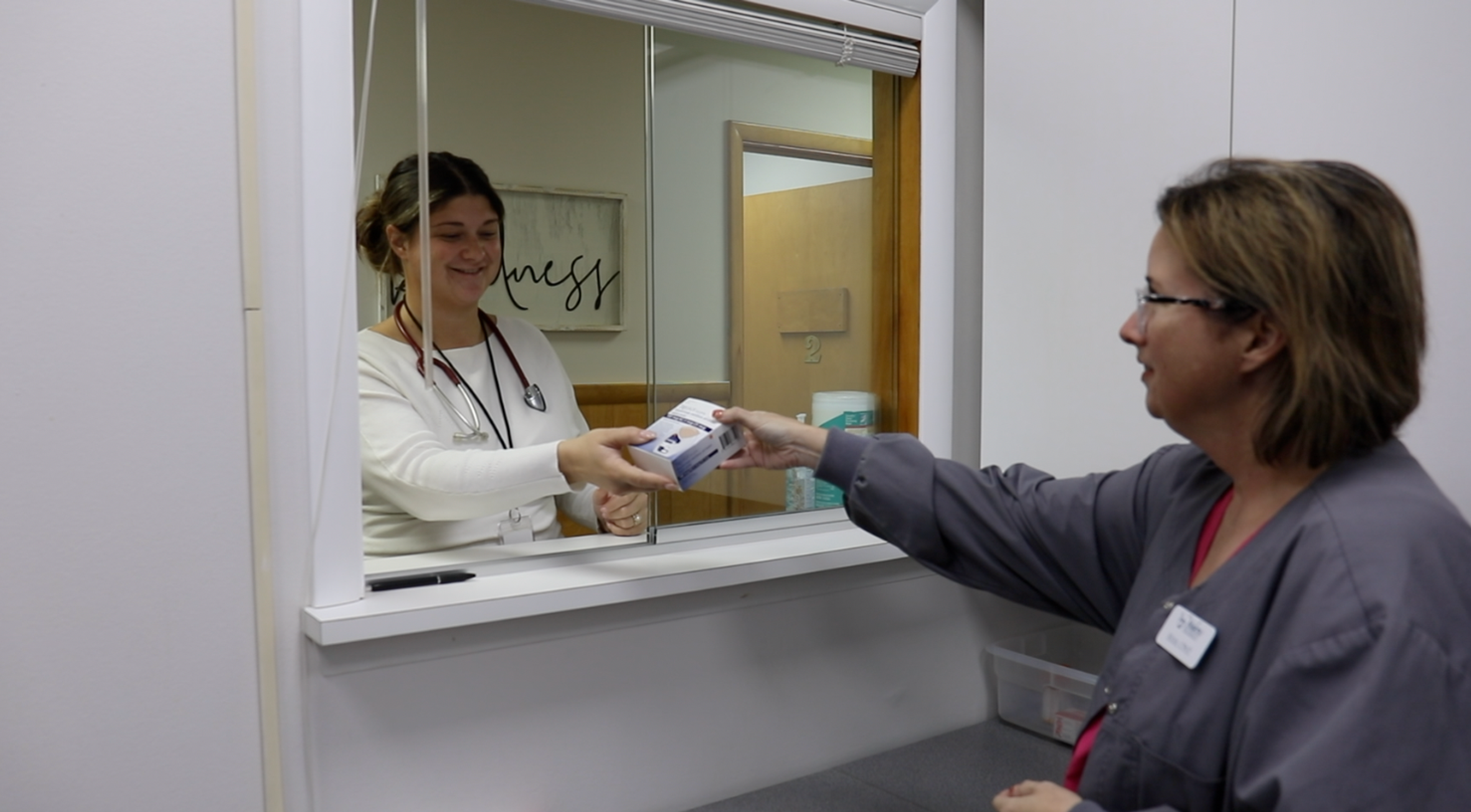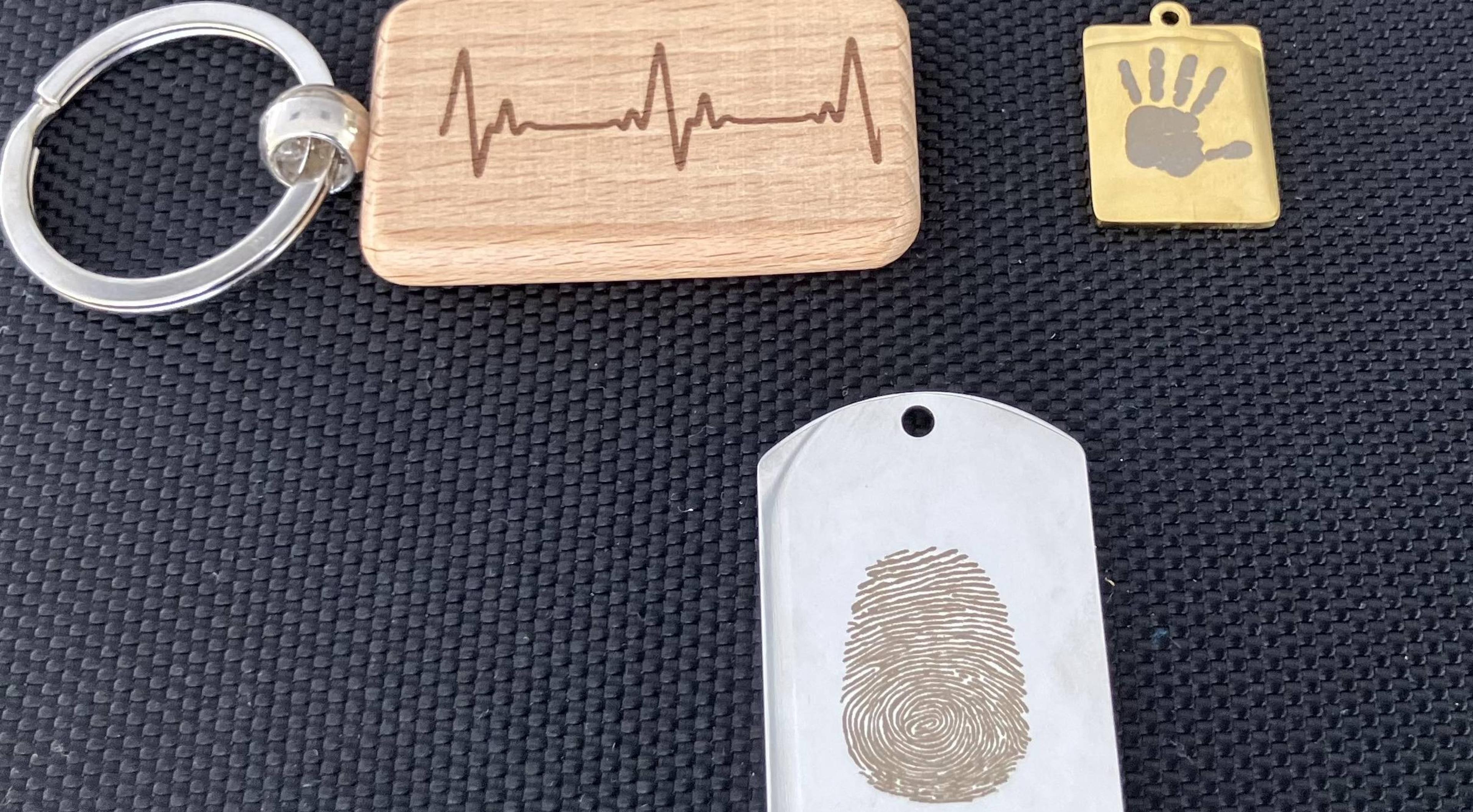Suicide Prevention: A Psychiatrist's Perspective
Guest
| 4 min read

Most psychiatrists who have been in practice for a dozen or more years have treated hundreds of people with suicidal thoughts. Unfortunately, some of these patients follow through with their thoughts. There’s no one solution that’s 100 percent effective in preventing suicide. Suicides even occur among patients who have one-on-one supervision in a psychiatric hospital. When such a terrible outcome occurs, psychiatrists experience a keen sense of failure. One way to deal with those feelings is to try to help others prevent suicide in the future. September is Suicide Prevention Month, a good time to spread the word about suicide awareness and prevention. We’ve posted an array of educational materials about suicide awareness and prevention on our Engage page at bcbsm.com/engage in the Mental Health Awareness section to promote awareness and help those in need. Suicide deaths have climbed dramatically in the U.S. — 30 percent over the past decade and a half, according to data from the Centers for Disease Control and Prevention. Nearly 45,000 Americans died by suicide in 2016, making it the most common cause of death that year. These statistics signal a disturbing trend. What’s particularly distressing to me is the increase in the teen suicide rate. The suicide rate for girls ages 15 to 19 doubled from 2007 to 2015 to about 5 per 100,000 — the highest point in 40 years, according to the CDC. The suicide rate for boys ages 15 to 19 increased by 30 percent over the same time frame, reaching 14 per 100,000 in 2015. What makes young people such a vulnerable group? There’s no one answer, but following are a few factors that may help explain the dramatic increases:
- The increase in social media use
- Exposure to violence
- Bullying and cyberbullying
- Sleep deprivation
- Depression
According to an article on huffingtonpost.com, teen depression rates are on the rise, yet stigma or fear of asking for help often prevents people from getting the help they need. Untreated mental health conditions are among the leading causes of suicide. What can be done to help prevent suicide?
- Doctors should regularly screen patients of all ages for depression and suicidal tendencies. Research has shown that most people who attempt suicide make some type of health care visit in the weeks or months before the attempt.
- Don’t assume that just because someone has a strong religious faith, they aren’t at risk for suicide. Religious faith doesn’t appear to be a deterrent to committing suicide.
- Even after someone receives help for depression, anxiety or suicidal tendencies, their doctor and family members need to remain vigilant. My experience has shown that people often become quiet — and don’t express suicidal thoughts or anxiety — a couple of weeks before they commit suicide. Why would this be? After beginning antidepressant medication, their energy levels may increase, giving them the impetus to put a plan in place. And it seems that once someone formulates a plan to commit suicide, their anxiety decreases and they’re more likely to move forward with the plan.
Other suggestions I try to impress upon my patients that suicide is a permanent solution to a temporary problem. I suggest that it’s wiser to consider temporary solutions until the cause of the symptoms leading to suicidal thoughts can be identified and resolved. Many people — particularly young people — don’t seem to grasp the permanency of death or the potential for things to change in the future. There are many nonpermanent options they can choose from to distract themselves from loneliness, depression or other problems. I call this the smorgasbord of life. Taking a walk, eating a nice meal, going for a bike ride, doing some type of volunteer work, visiting a friend or trusted confidant, or seeking out treatment are some examples of what they can do. They need to realize that if they can keep busy for a time, their life may not look quite so bleak in a day or two. I also like to recommend that families sit down for 15 minutes sometime each day to talk about how their day went and to ask each family member if there’s anything they’d like to talk about. Families have become so fragmented and busy these days that they may not be aware that a family member is at risk. Most importantly, if you or someone you know is considering suicide, contact the National Suicide Prevention Lifeline at 1-800-273-TALK (8255). Talking about things that are causing emotional pain, removing the stigma surrounding mental health and encouraging people to seek psychiatric or behavioral health care when they’re depressed or suicidal are critical to reversing this dangerous trend. If you found this blog helpful, you may want to check out these other blogs:
Photo credit: Tommaso79
Dr. William Beecroft is the medical director of behavioral health for Blue Care Network He’s a board-certified psychiatrist with added qualifications in geriatrics and psychosomatic medicine.





